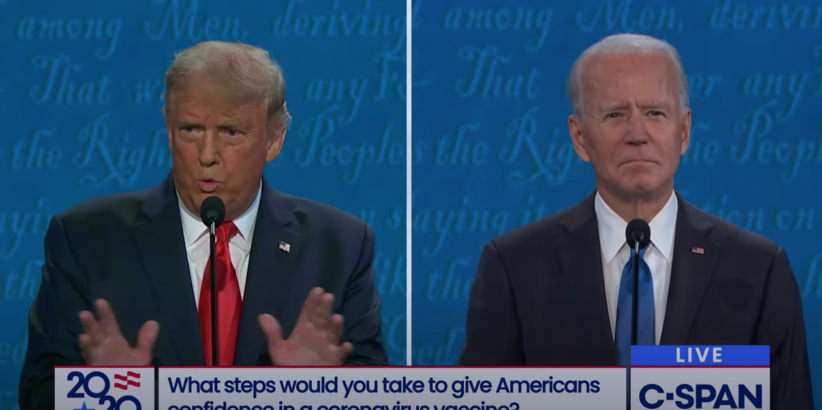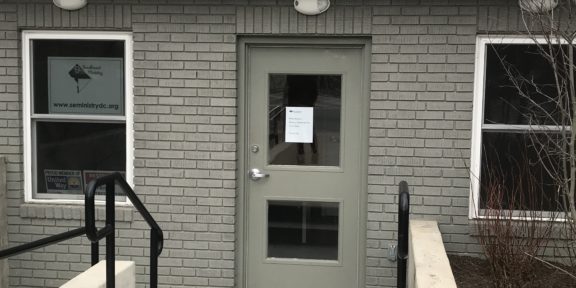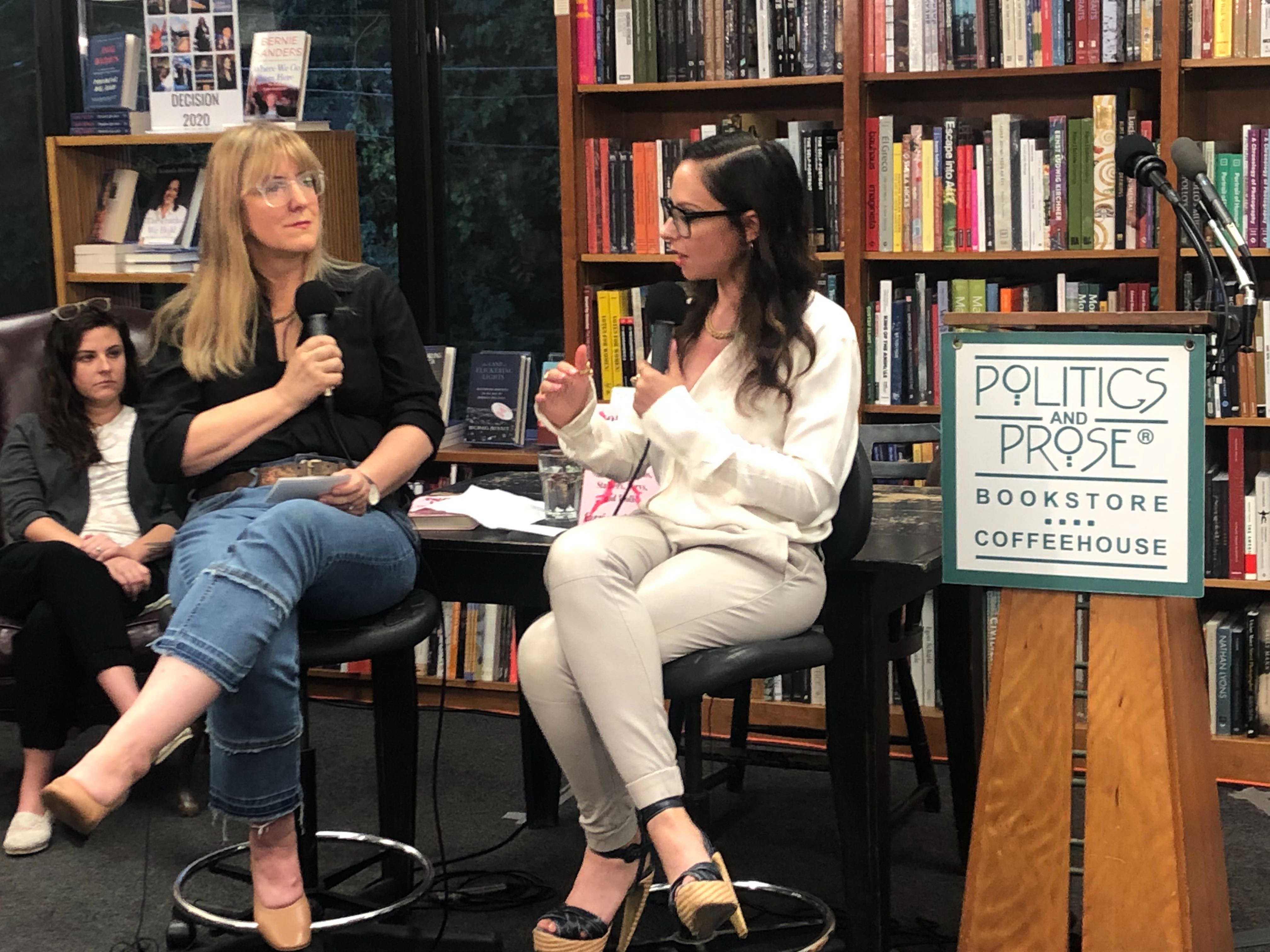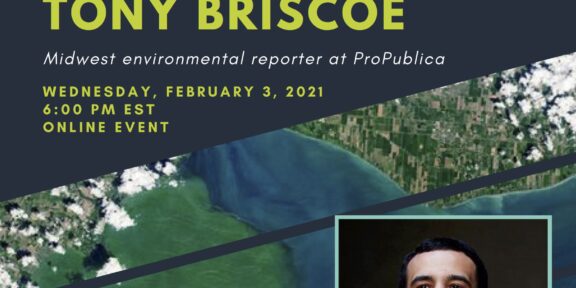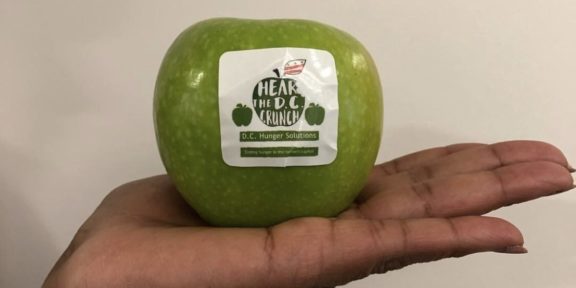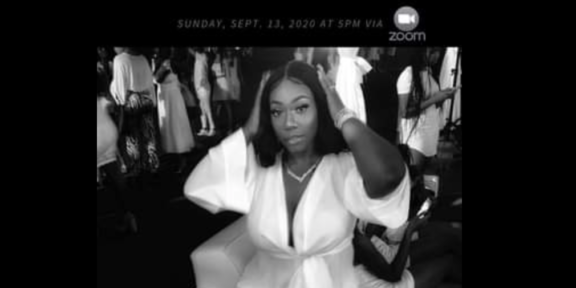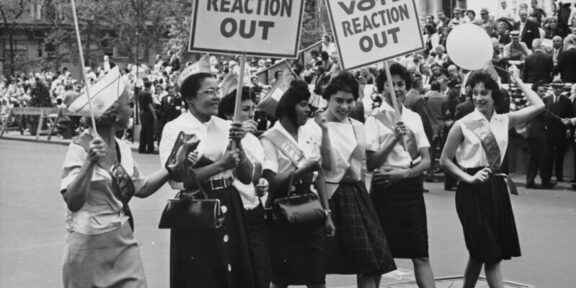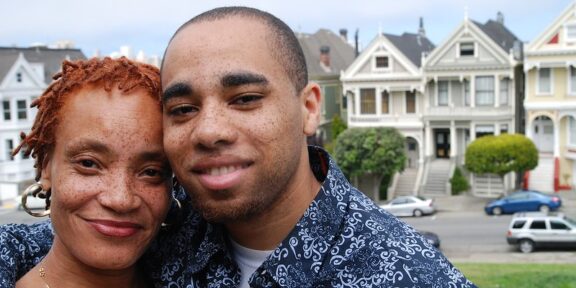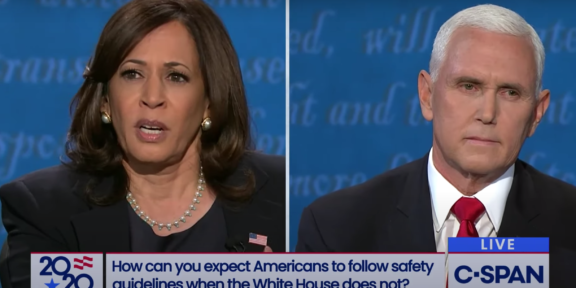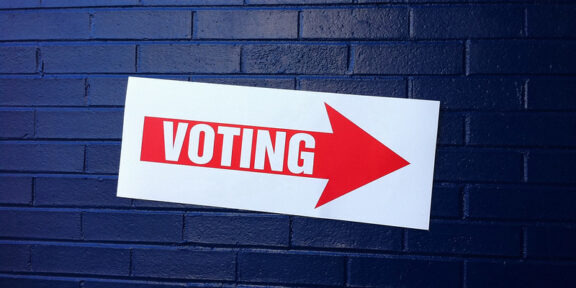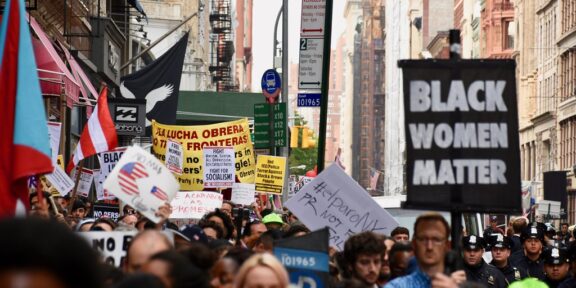By Jessica Grider, Howard University News Service
The final presidential debate was on Thursday in Nashville, TN, between President Donald Trump and former Vice President Joe Biden, and unlike the first debate, the candidates allowed their positions on important issues like race, immigration, climate change and COVID-19 to take the front stage instead of shouting at each other.
The moderator, NBC News’ Kristen Welker, explained the rules that included a new decision the nonpartisan Commission on Presidential Debates announced last Monday.
Trump and Biden’s microphones were muted during portions of the debate to encourage the participants’ adherence to the rules that both campaigns agreed to follow. The new decision was made after President Trump primarily filled the first debate with interruptions.
With the new rules firmly enforced, the debate provided voters significantly more clarity on the policy divides between the two candidates.
The first question of the night was for Trump.
“More than 40,000 Americans are in the hospital tonight with COVID,” Welker stated. She did not mention that the U.S. deaths related to the virus climbed past 200,000 just weeks before. She asked, “How would you lead the country during this next stage of the coronavirus crisis?”
Trump, who contracted the virus himself earlier this month, maintained that COVID-19 would eventually go away.
During his remarks, Trump cited his medical care and said he — like many Americans — was “better” and “immune” from catching the virus again.
He then restated the promise that there is a vaccine that’s coming.”It’s ready, it’s going to be announced within weeks and it’s going to be delivered,” he said.
According to the U.S. Food and Drug Administration, Trump’s timeline overstated the reality of current vaccine studies and production.
The FDA approved the antiviral drug Veklury (remdesivir), its first treatment for COVID-19, on Oct. 22. The FDA approval does not include the entire population, and clinical trials for the drug are ongoing.
The drug fails to prevent deaths among patients, according to a study involving over 30 countries sponsored by the World Health Organization.
“It’s not a guarantee, but it will be by the end of the year,” Trump later said, after further questioning from Welker about the vaccine.
Biden criticized Trump, accusing him of having no comprehensive plan to reduce the number of American deaths from the virus expected between now and the end of the year.
“He says that we’re learning to live with it. People are learning to die with it,” Biden said.
Biden then admonished Trump for his attempts to shift responsibility from himself to “the blue states” for spreading COVID-19.
“They’re all Americans. And what we have to do is say, wear these masks, number one,” said Biden.
As Trump went over his allotted time while he attempted to make claims about his healthcare plan to replace Obamacare, the audio technicians muted his microphone for the first time during the 90-minute conversation.
Aside from his verbal assurance that he will protect people with pre-existing conditions with a “brand new, beautiful healthcare,” Trump did not articulate a comprehensive plan.
However, despite the COVID-19 pandemic and resulting recession, the Trump administration continues to petition the Supreme Court to abolish the Affordable Care Act.
Biden outlined his plan to pass ‘Bidencare’, which would essentially be Obamacare with a public option.
Biden’s plan to provide competition for insurance companies would automatically enroll Americans without the wherewithal to get Medicaid in their state. “Not one single person with private insurance would lose their insurance under my plan, nor did they under Obamacare,” he said.
The issue of race which has been at the forefront of the American agenda was also brought up.
Welker encouraged the candidates to speak directly to Black and Brown Americans who experience “race in this country.”
“Part of that experience is something called the talk,” Welker said. “It happens regardless of class and income, parents who feel they have no choice, but to prepare their children for the chance that they could be targeted, including by the police, for no reason other than the color of their skin.”
Biden said he understood “the talk” that Black parents have with their children. He mentioned the plan he prepared for Black America to give them “a shot” and address racial economic disparities if he is elected president.
Biden also stated racism is a problem in the U.S. Trump has repeatedly denied the existence of systematic racism in the U.S. since the beginning of the protests in the country following the death of George Floyd earlier this year.
When Welker asked Trump if he understood why Black parents fear for their children, he said, “Yes, I do.”
The president then launched into an attack on Biden’s career, criticizing his previous approaches to the black community’s enduring problems.
“He’s been in government 47 years, he never did a thing, except in 1994, when he did such harm to the black community,” Trump said.
Biden sponsored the Violent Crime Control and Law Enforcement Act of 1994. Many blame the crime bill for extending tough-on-crime policies that overly criminalized and incarcerated black Americans.
“I saved Historically Black Colleges and Universities,” Trump said. “Nobody has done more for the black community than Donald Trump.” Nobody, he said, with the “possible exception of Abraham Lincoln.”
Trump also referred to himself as the “least racist person” in the room.
“He pours fuel on every single racist fire,” Biden said before making a bid to remind voters about Trump’s recent refusal to condemn white supremacy.
“We should fundamentally change the system,” Biden went on to say, “and that’s what I’m going to do.”
With over a week remaining until Election Day, the final presidential debate came days before American voters broke the total number of early ballots cast in the 2016 election.
As mail-in and in-person votes continue to pile up, the fueled determination demonstrated by voters suggests record turnouts for the upcoming election, unlike any the U.S. has seen in over a century.

